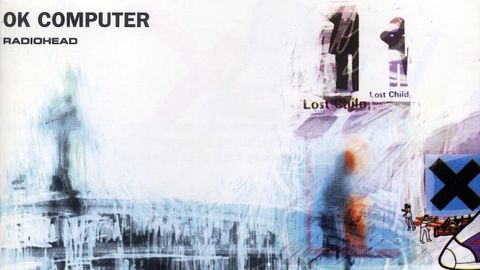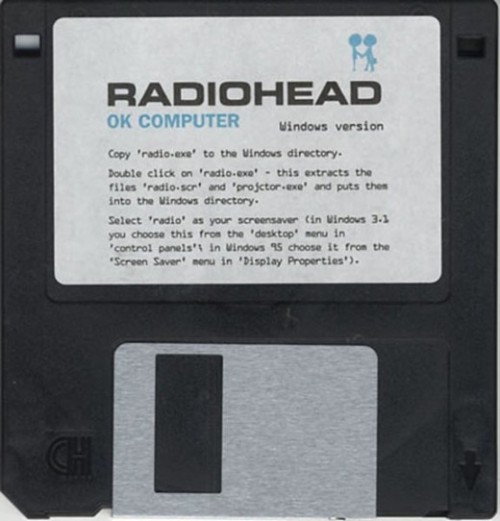



Critics have noted its lyrics depicting a world fraught with rampant consumerism, social alienation, emotional isolation, and political malaise in this capacity, OK Computer is often interpreted as having prescient insight into the mood of 21st century life. With OK Computer, the band made a deliberate attempt to distance themselves from the guitar-oriented, lyrically introspective style of their previous album The Bends (1995). Produced by Nigel Godrich, it was recorded between July 1996 and March 1997, mostly in the historic mansion of St Catherine's Court. It was first released on in Japan, on 16 June 1997 in the United Kingdom by Parlophone, and on 1 July 1997 in the United States by Capitol Records. Nigel Godrich OK Computer is Radiohead's third studio album.


 0 kommentar(er)
0 kommentar(er)
